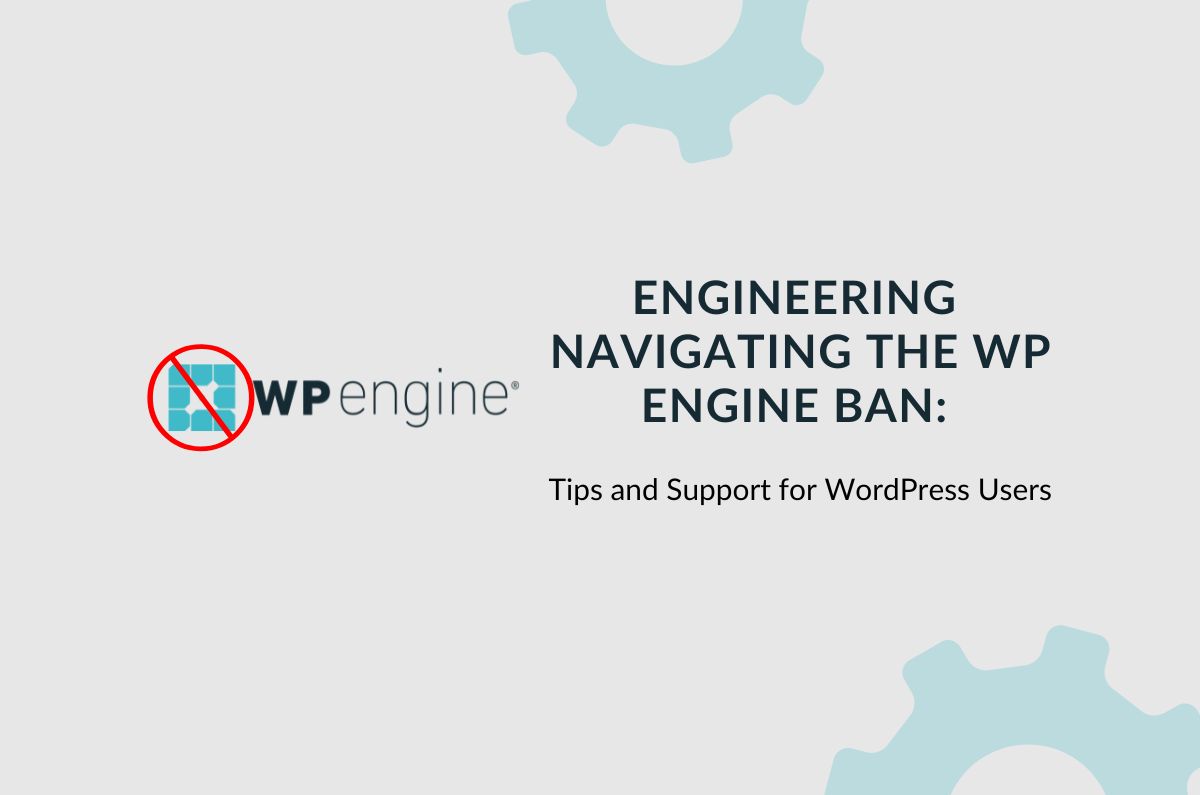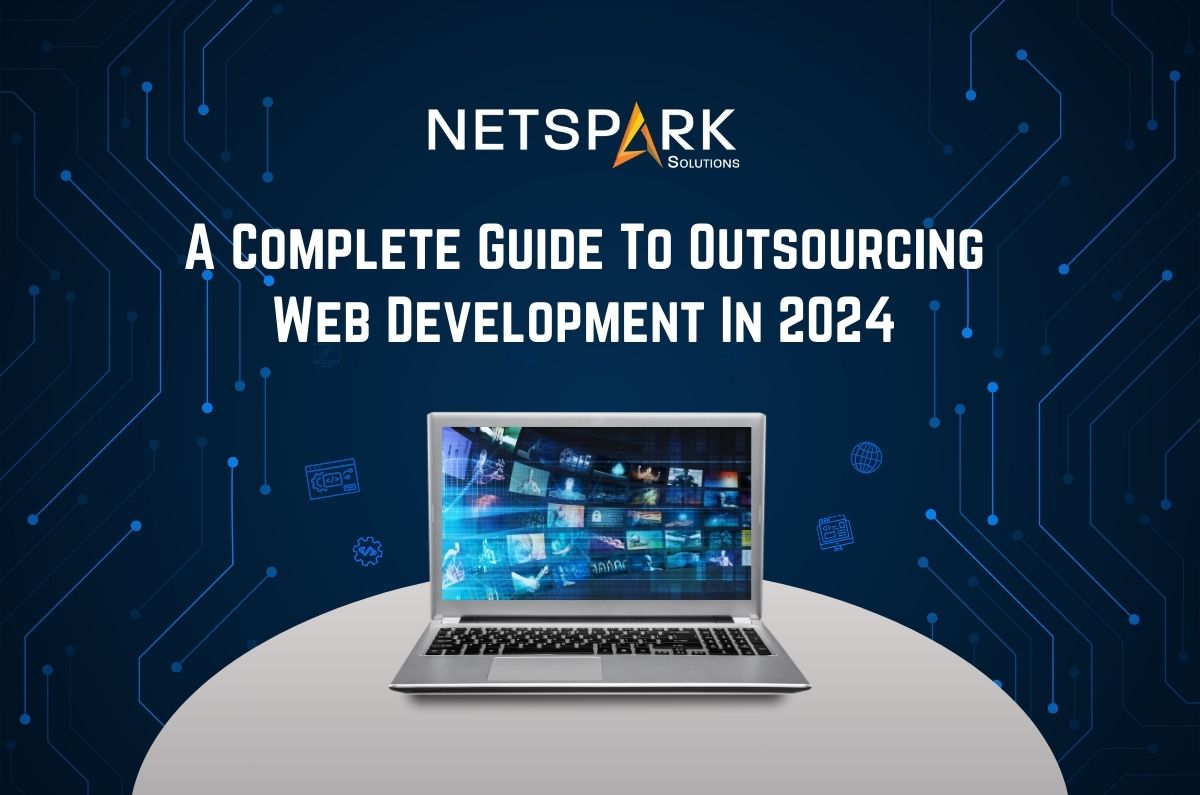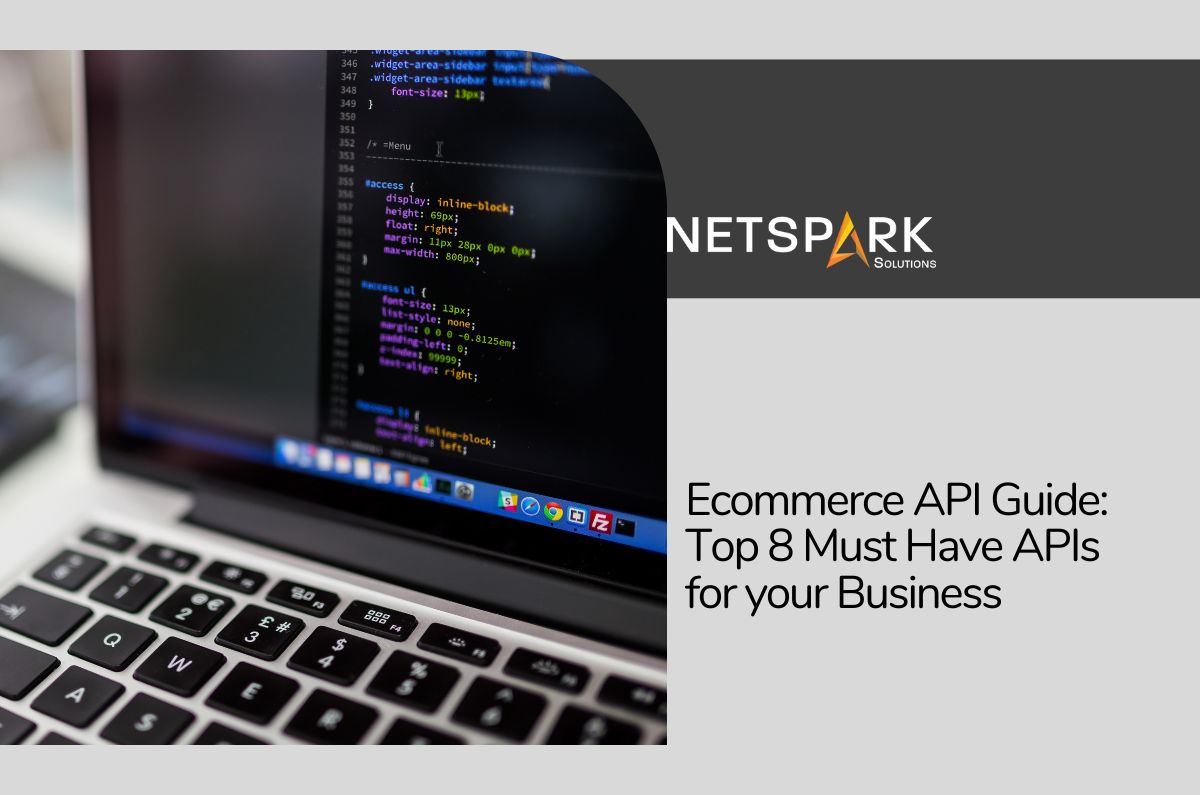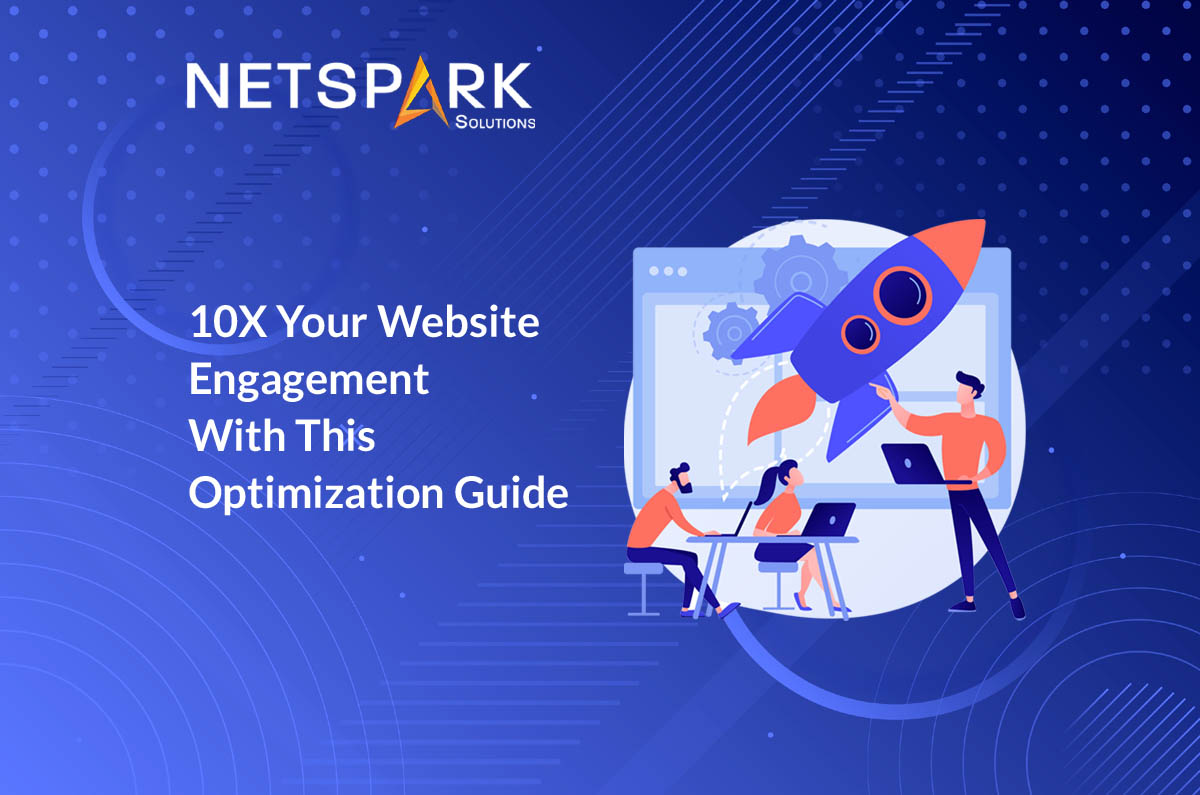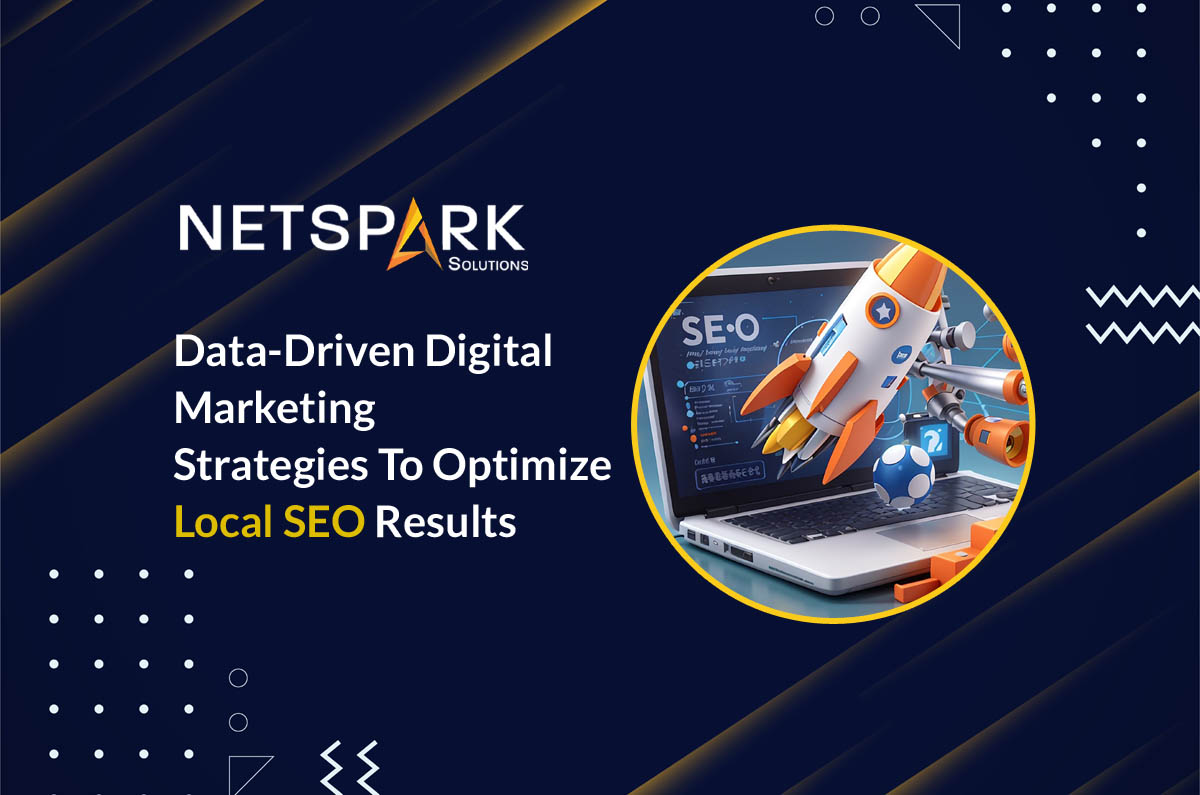Shopify is inarguably the most popular ecommerce platform in the market. As of today, more than 1 million ecommerce shops are running on Shopify and it has become the most searched ecommerce builder on Google as well. Many merchants – who are planning to launch their online stores – prefer Shopify over other website builders. And, all these merchants have one similar question, i.e.,
How Much Does it Cost to Start a Shopify Store?
Unfortunately, there’s no one-size-fits-all answer to these questions as each ecommerce startup wants to achieve different goals with their online shops. While some stores only want to target customers in their neighborhood, others plan on launching large-scale ecommerce stores to target worldwide shoppers.
While evaluating Shopify development cost, it would be crucial to analyze your specific business objectives, explore different Shopify plans, and decide on features you want to integrate into your online store.
In today’s guide, we are going to share a comprehensive guide along with various factors that’ll help you evaluate the cost of your Shopify store.
Understanding Different Shopify Plans
To cater to varying business requirements, Shopify has devised four different subscription plans for merchants. The key to choosing the right Shopify plan is to analyze what you want to achieve and the maximum budget you can spend every month on managing your store.
Keep in mind that picking the cheapest available option won’t work all the time because the basic Shopify plan may not provide you with all the necessary features to build a user-centric shopping portal. However, it also doesn’t mean that you should directly jump to the most expensive Shopify plan. The idea is to compare the four different available options and make the right decision accordingly.
Let’s compare these four Shopify plans in detail to help you understand which subscription model will suit your business requirements.
1. Shopify Basic
Shopify Basic is like the economy class of a flight. Yes, you’ll be able to reach your destination, but you won’t be able to enjoy any of the amenities people sitting in business class have.
The basic plan will allow you to set up and run your online business, but it won’t give you access to the advanced Shopify features such as analytics, gift cards, or cart abandonment recovery.
On the upside, however, you’ll only have to pay $29 per month to run your store. Shopify Basic is an ideal subscription model for small-scale retailers who only want to sell limited products in their stores and target a smaller audience.
One thing you must keep in mind is that for the basic plan, you’ll also have to pay an additional 2.9% of the processing fee, which is the highest among all the available options.
2. Shopify
Yes, that’s right! Shopify Basic and Shopify are two different subscription models. Let that sink in for a while.
The ‘Shopify’ subscription is a minor upgrade over the basic plan as you get access to some of the advanced features including gift cards, cart abandonment recovery, and some basic analytic reports.
The cost of this subscription model is around $79 per month along with a 2.6% of processing fee. This engagement model is a reliable option for online stores that have outgrown the basic plan. Merchants looking to scale their business and willing to spend $80-$100 a month can sign up for this slightly better subscription model.
3. Shopify Advanced
This is when things start getting pretty serious. Shopify Advanced is a full-scale subscription model where merchants get access to advanced features to manage large-scale ecommerce shops and cater to thousands of potential shoppers at the same time.
As compared to the previous subscription model, Shopify Advanced takes big leaps in terms of pricing as well. The monthly price goes up to $299 per month along with a 2.4% of processing fee. At first, the pricing may seem a bit aggressive, but the number of features you get with this advanced version completely justifies the cost.
With Shopify Advanced, merchants can get access to personalized reports that’ll help them unlock better business opportunities to scale their brand. Apart from this, Shopify Advanced also unlocks the real-time carrier shipping feature, which means customers will know the actual shipping charges right from the beginning. The system will automatically detect and display the shipping information based on the shopper’s billing address.
4. Shopify Plus
Shopify Plus is the most expensive subscription model the ecommerce-giant offers to its merchants. The pricing usually starts at $2,000 per month and can go up to $4,000, based on the features you want to integrate.
This subscription model is the right option for ecommerce businesses that have already set up an extensive market and want to further expand their boundaries. With the Shopify Plus subscriptions, your website can accommodate thousands of customers and deliver a remarkable shopping experience without having them encounter any downtime.
Apart from all the necessary features, Shopify Plus also gives merchants access to a project manager, an account manager, and personalized support contacts.
| Subscription Model | Monthly Charges | Processing Fee |
| Shopify Basic | $29 | 2.9% |
| Shopify | $79 | 2.6% |
| Shopify Advanced | $299 | 2.4% |
| Shopify Plus | $2,000+ | — |
Other Factors Influencing the Shopify Development Cost
Congratulations! You’ve now chosen the right subscription model for your Shopify store. But, before you get all excited, we would like to point out that this is just the tip of the iceberg. As you’ll go along developing your Shopify store, several other charges will come knocking on your door and increase the overall development price. These factors mainly include:
1. Themes
Everyone knows that Shopify offers thousands of themes and layouts that merchants can use to set up their online shops. However, not all these themes are available for free. More than half of the themes available on Shopify’s store come with a premium tag.
It means merchants who want to use these themes for their website will have to pay additional one-time subscription charges as well. Ideally, a premium Shopify theme can cost you anywhere between $120-$380. Premium themes are also customizable in nature and merchants can tweak various on-page elements to deliver a personalized shopping experience.
But, customizing a theme in Shopify isn’t always an easy task. And, if you don’t have the required expertise, you’d be better off with a team of Shopify experts who know the in and out of constructing & managing a Shopify store.
2. Third-Party API Integrations and Add-Ons
One of the biggest reasons merchants choose Shopify over other ecommerce platforms is its compatibility with third-party applications and add-ons. Shopify has a built-in app store where merchants can find more than 2500 different apps. These apps are designed to integrate various functionalities into your online stores.
Now, it’s worth pointing out that the majority of these third-party applications and add-ons come with a price tag. The cost of these add-ons can range from $9 per month to $100 per month. So, along with the monthly subscription charges, you’ll also have to pay for these add-ons to make your website fully functional.
3. Shopify Email Marketing Services
You might be surprised to know that Shopify has its own exclusive email marketing tool – known as Shopify Email – that you can use to design and manage your email marketing campaigns. This is a great feature for merchants who do not want to rely on third-party email marketing tools like MailChimp.
With Shopify Email, merchants can send up to 2500 emails for free every month. Every mail after this would cost $1. So, let’s say you want to send emails to 5,000 customers every month. In this situation, you’ll have to pay $2500 for the additional emails on your list.
How Much Does it Cost to Hire Shopify Experts?
Despite its drag-&-drop functionality, constructing an online shop with Shopify isn’t always an easy task. Often, merchants with no technical background tend to hire dedicated Shopify developers to build their ecommerce websites.
If you’re also planning to outsource Shopify development to experts, you would also have to consider the development cost. In general, Shopify developers work on an hourly basis and these hourly development rates vary based on the location of the developers.
For instance, Shopify developers in countries like India and Singapore charge $30-$80 per hour, whereas developers residing in the USA or Australia are most likely to charge $100-$150 per hour.
In short, if you want to keep the development cost low, it would be better to partner with an outsourcing partner as their development rates are relatively lower.
The Bottom Line
Evaluating the cost of a Shopify store is always challenging, considering an array of factors can influence the final price. However, if you analyze carefully and make the right decisions, you’ll be able to construct your online store at an affordable price. In case you still have any queries, simply contact expert Shopify developers and let them devise a custom pricing model for your online store.



